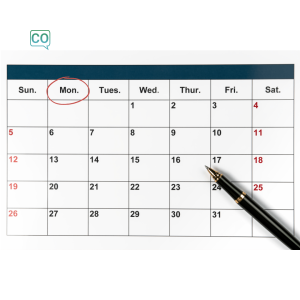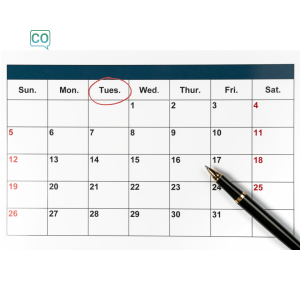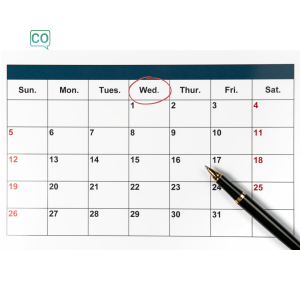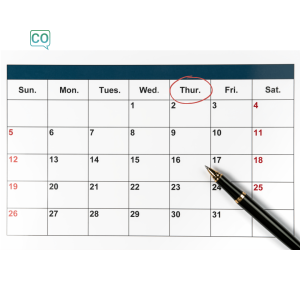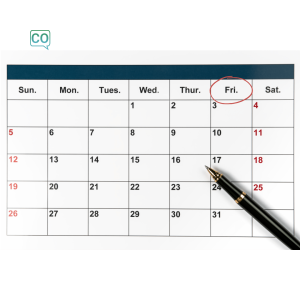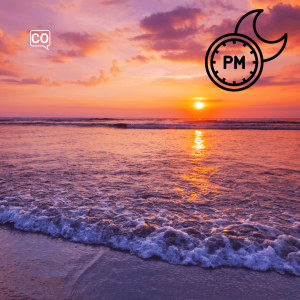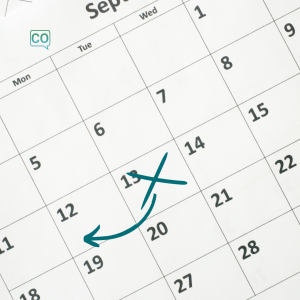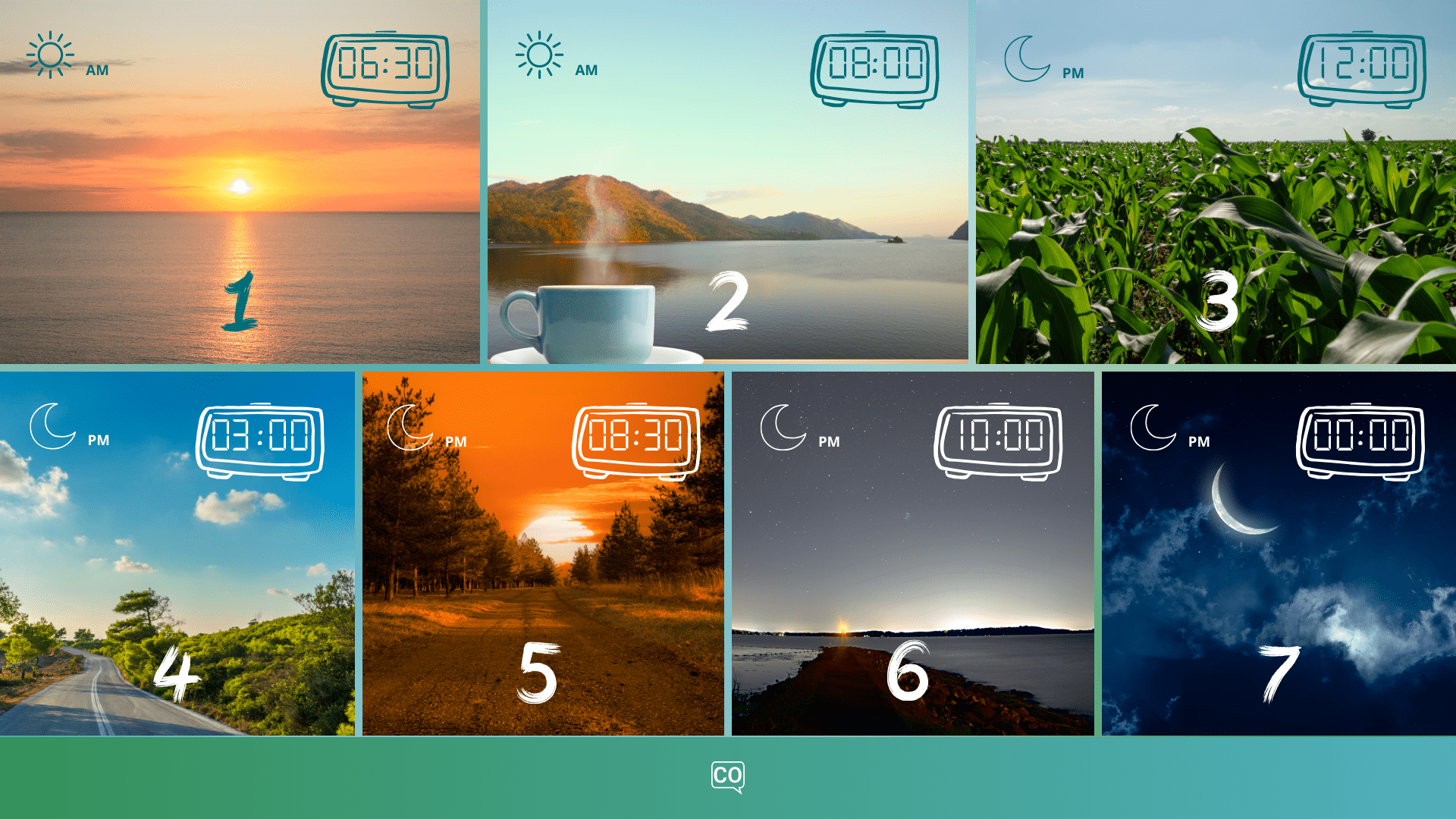Días de la semana y partes del día

Learning goals:
- Di las partes del día (Say the parts of the day)
- Aprende los nombres de los 7 días de la semana (Learn the names of the 7 days of the week)
- Preposiciones: indicar momentos del día (Prepositions: indicating times of the day)
- Sorrolla y La Luz del Día (Sorolla and the Daylight)
Learning module 2 (A1): De horas a estaciones (From hours to seasons)
Recap exercises of the previous lesson
Teaching guidelines +/- 60 minutes
Core vocabulary (21)
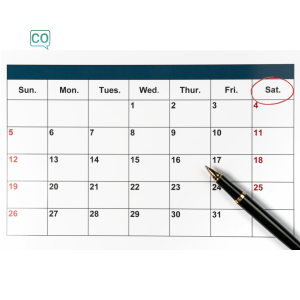
El sábado voy a ver a mis amigos por la mañana.
(On Saturday, I am going to see my friends in the morning.)
El sábado
(Saturday)
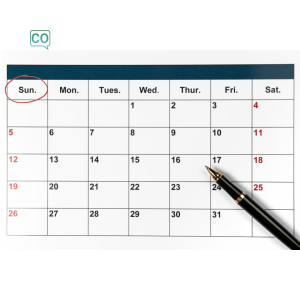
El domingo veo a mis familiares en la mañana.
(Sunday, I see my relatives in the morning.)
El domingo
(Sunday)

El lunes por la mañana, veo el amanecer.
(On Monday morning, I see the sunrise.)
El amanecer
(The dawn)

El lunes en la mañana, vamos a ver el amanecer.
(On Monday morning, we are going to watch the sunrise.)
La mañana
(The morning)

Quiero ver una película en la tarde.
(I want to watch a film in the afternoon.)
La tarde
(The afternoon)

Mañana vamos a ver una película por la noche.
(Tomorrow we are going to watch a film in the evening.)
La noche
(The night)

Hoy es lunes y voy a ver el amanecer.
(Today is Monday and I am going to see the sunrise.)
Hoy
(Today)
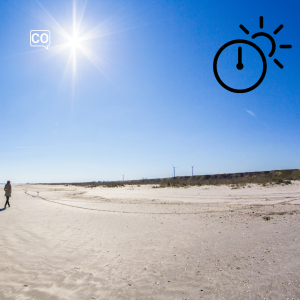
Hoy vamos a quedar para vernos al mediodía.
(Today we are going to meet at noon.)
El mediodía
(Noon)

Estoy despierto en la madrugada.
(I am awake in the early morning.)
La madrugada
(The early morning)

Vosotras quedáis en el restaurante de siempre.
(You all meet at the usual restaurant.)
Quedar
(To meet)
Listening materials
Our listening materials implement the verbs, vocabulary and grammar topics of this lesson. Audio and video available!
A1.9.1 Diálogo: ¿Cuándo nos vemos?
Spanish A1.9.1 When do we see each other?
Pedro y Ana intentan encontrarse en una semana ocupada.
(Pedro and Ana try to meet during a busy week.)
Teaching guidelines +/- 15 minutes
A1.9.2 Gramática: Preposiciones: indicar momentos del día
Spanish A1.9.2 Prepositions: indicating times of the day
(Prepositions are words that connect nouns, pronouns, or phrases with other words within a sentence.)
Teaching guidelines +/- 15 minutes
A1.9.3 Cuento corto: Una semana en la vida de Eva
Spanish A1.9.3 A week in the life of Eva
Sigue a Eva durante su semana llena de actividades y aprende los días de la semana y momentos del día en español.
(Follow Eva during her week full of activities and learn the days of the week and times of the day in Spanish.)
Teaching guidelines +/- 15 minutes
A1.9.4 Cultura: Sorrolla y La Luz del Día
Spanish A1.9.4 Sorolla and the Daylight
Descubre cómo Joaquín Sorolla captura la magia del amanecer, la tarde y el atardecer en sus pinturas, mostrando la belleza de las partes del día en España.
(Discover how Joaquín Sorolla captures the magic of dawn, afternoon, and dusk in his paintings, showcasing the beauty of the parts of the day in Spain.)
Teaching guidelines +/- 10 minutes
Exercises
These exercises can be done together during conversation lessons or as homework.
Exercise 1: Find the words
Instruction: Find the words, mark them and make sentences with the words.
Show answers Show hintsHints
Tuesday , The early morning , The night , Yesterday , Friday , The afternoon
Answers
Score: 0/6
| El viernes | (Friday) |
| La noche | (The night) |
| El martes | (Tuesday) |
| La tarde | (The afternoon) |
| Ayer | (Yesterday) |
| La madrugada | (The early morning) |
Exercise 2: Reorder sentences
Instruction: The words in these sentences have been shuffled! Sort them so that they make a valid sentence again and translate.
Show answers Show translationExercise 3: Translate and make sentences
Instruction: Translate the words and phrases below and use it in a conversation or text.
Show answersExercise 4: Translate and use in a sentence
Instruction: Translate and say the word out loud. Use the word in a sentence.
Show translation|
1.
El jueves
|
(Thursday) |
|
2.
La tarde
|
(The afternoon) |
|
3.
La mañana
|
(The morning) |
|
4.
El lunes
|
(Monday) |
|
5.
Hoy
|
(Today) |
Exercise 5: Conjugación verbal
Instruction: Choose the correct word, read the sentence out loud and translate.
Show answers Show translationQuedar (Presente, indicativo), Ver (Presente, indicativo)
1. Vosotros ... las estrellas en el cielo.
2. Ellos ... las noticias en la mañana.
3. Nosotros ... el partido de fútbol juntos.
4. Nosotros ... para estudiar juntos.
5. Ella ... en el parque con sus hijos.
Exercise 6: Prepositions: indicating times of the day
Instruction: Choose the correct word, read the sentence out loud and translate.
Show answers Show translationpor, En, del, de, Por, a
1. Son las dos ... la tarde.
2. El viernes ... la tarde hay una comida familiar.
3. Trabajo ... la mañana.
4. Hoy a las diez ... la noche voy a Portugal.
5. Hoy ... la medianoche celebro mi cumpleaños.
6. Mañana a las cinco ... mediodía vamos a una fiesta.
7. ... la mañana del lunes organizo mi semana.
8. ... la tarde visito a mi abuela.
Exercise 7: Translate and make sentences
Instruction: Translate the words and phrases below and use it in a conversation or text.
Show answersConversation exercise
Teaching guidelines +/- 10 minutes
- Di qué parte del día es en las imágenes. ( Say what part of the day it is on the pictures. )
- Di qué días de la semana están en las imágenes. (Say which days of the week are on the pictures.)
Example phrases:
- Uno: lunes por la mañana. (One: Monday morning.)
- ...
Appendix 1: Extended vocabulary table
Core vocabulary
(21):
Verbs: 3,
Adverbs: 3,
Nouns: 15,
Context vocabulary:
2
| Spanish | English |
|---|---|
| Ayer | Yesterday |
| Día | Day |
| El amanecer | The dawn |
| El atardecer | The sunset |
| El domingo | Sunday |
| El jueves | Thursday |
| El lunes | Monday |
| El martes | Tuesday |
| El mediodía | Noon |
| El miércoles | Wednesday |
| El sábado | Saturday |
| El viernes | Friday |
| Fin de semana | Weekend |
| Hoy | Today |
| La madrugada | The early morning |
| La mañana | The morning |
| La medianoche | Midnight |
| La noche | The night |
| La tarde | The afternoon |
| Libre | Free |
| Organizar | To organize |
| Quedar | To meet |
| Ver | To see |
Appendix 2: Verb conjugation tables for this lesson
Ver (to see)
Exercises and examples phrases
- yo veo I see
- tú ves you see
- él/ella ve he sees
- nosotros/nosotras vemos we see
- vosotros/vosotras veis you see
- ellos/ellas ven they see
Quedar (to meet)
Exercises and examples phrases
- yo quedo I meet
- tú quedas You meet
- él/ella queda He/She meets
- nosotros/nosotras quedamos we meet
- vosotros/vosotras quedáis you meet
- ellos/ellas quedan They meet
Exercise: Verb conjugation
Instruction: Choose the correct word, read the sentence out loud and translate.
Show answers Show translationQuedar (Presente, indicativo), Ver (Presente, indicativo)
1. Vosotros ... las estrellas en el cielo.
2. Ellos ... las noticias en la mañana.
3. Nosotros ... el partido de fútbol juntos.
4. Nosotros ... para estudiar juntos.
5. Ella ... en el parque con sus hijos.
